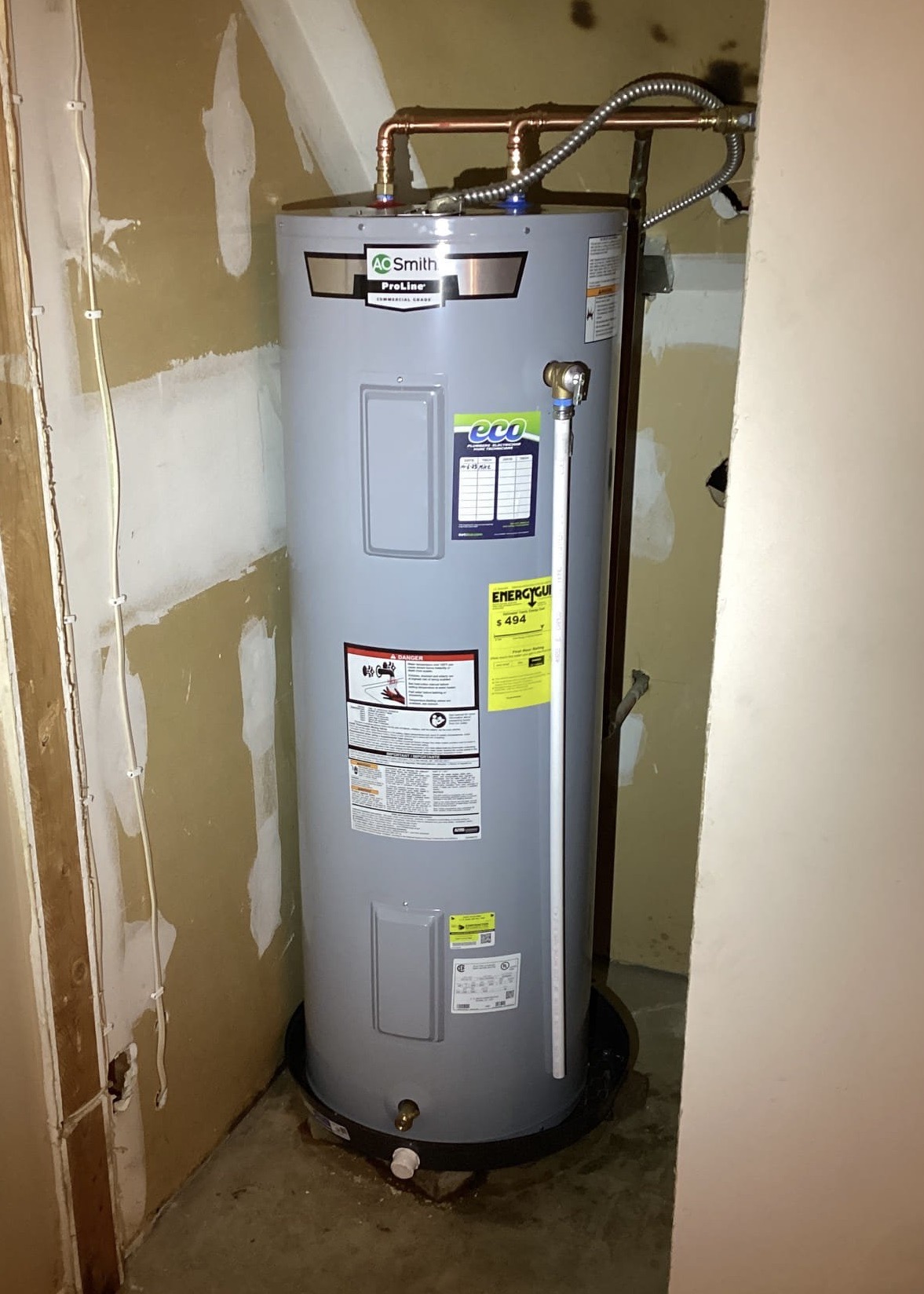Introduction
When it comes to your water heater, knowing if it’s gas or electric makes a big difference. Each has its own maintenance needs, cost factors and potential issues. Regular water heater maintenance in Cincinnati, OH, extends the life of your system and safety and increases efficiency. A neglected heater can mean higher bills, lukewarm water or even safety hazards. If you’re not sure what your system needs, understanding the basics is a good place to start. Let’s dive into the differences and tips for water heater care.
Gas vs Electric Water Heater: Key Maintenance Tips
1. Understanding the Core Differences
Gas water heaters use natural gas or propane to heat water, while electric models use heating elements powered by electricity. This difference affects the components and how they should be maintained. Gas units have burners and vents that need to be cleaned, while electric models have heating elements that can mineralize. Maintenance procedures are different, so what works for one won’t work for the other. Knowing your system is the first step to good maintenance. It also helps you catch issues before they become big problems.
2. Flushing the Tank
Sediment buildup is a common issue in both gas and electric water heaters, especially in areas with hard water. This buildup can lower efficiency, make noise and shorten the life of your heater. Flushing the tank once or twice a year is recommended to remove these deposits. For gas heaters, sediment can cover the burner and affect heat transfer. For electric heaters, it can coat the heating elements and cause overheating. Whether you have a gas or electric unit, this step is crucial for long-term health.
3. Checking the Anode Rod
It eliminates rust from forming inside the tank and is a sacrificial metal component. Over time, this rod corrodes and needs to be replaced – usually every 3-5 years. Gas and electric models both have anode rods, but the accessibility may differ depending on the unit design. Checking the rod during maintenance helps you catch corrosion early. Replacing a worn rod can extend the life of your water heater by a lot. This small task is huge in preventing tank failure.
4. Inspecting Safety Features
Gas water heaters have specific safety components, like the thermocouple and gas control valve, that need to be checked regularly. If these fail, they can cause gas leaks or a complete system shutdown. Electric units have thermostats and high-limit switches that need to be tested. Any unusual operation, noises or warning lights should be addressed immediately. Safety should always be the top priority during maintenance checks. No matter the type, staying on top of these features gives you peace of mind and household safety.
5. Monitoring Energy Efficiency
Gas water heaters recover faster and cost less to operate in areas with low gas prices, but can lose energy through venting. Electric models are more energy efficient at the point of use but may cost more in utility bills. Keeping the unit properly insulated and all components working correctly reduces energy consumption. For example, replacing worn-out parts or adjusting settings can make a big difference. The maintenance tasks include checking energy efficiency to save costs and performance. Choose your model based on your home’s needs and your willingness to maintain it.
Whether you have a gas or electric water heater, understanding the maintenance needs of each will get you the most out of your system. Regular Water heater maintenance in Columbus, OH, prevents costly repairs, hot water and overall efficiency. Both types benefit from regular flushing, inspection and safety checks. Ignoring maintenance may save time now, but can cost you big time down the road. Be proactive and informed to keep your water heater running smoothly for years.
Conclusion
Do you want expert help with your water heater? Schedule a personalized maintenance check today and let our specialists at Eco Plumbers, Electricians, and HVAC Technicians at (855) 326-7586.
📌Plumbing, electrical, HVAC—Eco Service Center ensures your home stays comfortable, efficient, and worry-free every day.









